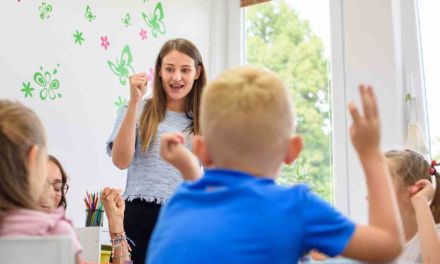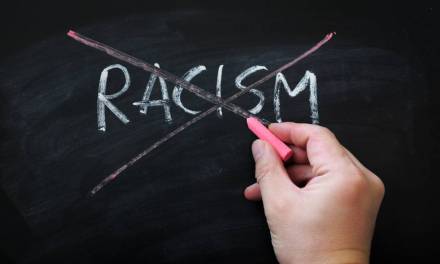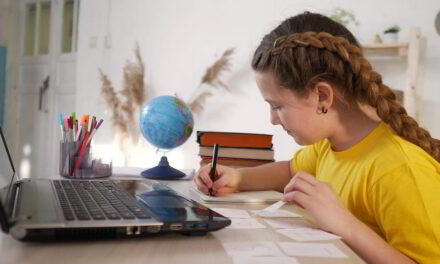Educational institutions aim to deliver quality and proper education to all students irrespective of other factors. However, there are several hindrances to the delivery of education to students. Most of the factors are external. However, one of the significant factors that hinder the delivery of education is the behaviour of learners. It means that the learners’ behaviour affects learning. The student’s behaviour, when severe, damages both their own and other students’ learning processes. The behaviour of students toward education affects their environment and hinders their learning.
Hence, to deliver quality education, there is a need to support students with behavioural problems. Educational institutions often innovate several ways and strategies to deal with students’ behavioural issues.
Reasons for behavioural issues
‘Behavioural issues’ refers to a wide range of negative behaviour of the learners. Students may engage in bullying behaviour, class absenteeism, inattention, or ongoing fights. Finding the solution to this erratic behaviour in students takes place by identifying the problem.
Some common reasons for negative behaviour in students are listed below.
- Poor parental guidance- One of the reasons for the behavioural problem in students is poor parental guidance. Both parents tend to be working nowadays, often ignoring their kids and their activities. That neglect is one of the reasons for the behaviour problems of students, where they often fall into destructive patterns to grab attention from their parents. There is no one to guide the students about right and wrong, so their behaviour goes unchecked.
• Family issues- Children are impressionable, and whatever happens around them shapes their thoughts. When there are family problems troubling children, they get deeply affected and behave differently at school. They might fight among themselves or have trouble focusing on their studies as a way to vent their rage.
• Company- The people a learner chooses to associate with directly impact their conduct. Students may therefore fall with the incorrect group of friends to have a sense of belonging. However, the people’s environment has an impact on how they behave. The students might start acting negatively owing to peer pressure.
Hence, targeting these problems at their core will be the most beneficial solution to tackle students’ behavioural issues. Other than that, some strategies are used to solve students’ behavioural issues.
Top tips to support students with behavioural problems
The concerned teacher and staff can take appropriate measures to support students with behavioural problems. The first thing that a teacher should look at after noticing behavioural issues is the student’s environment and figure out the reason for their erratic behaviour. So, the most effective and significant way to find a solution is by looking at the root problem. Some other considerable tips are used to support students with behavioural issues.
- Maintain a supportive environment- Most learners start behaving negatively due to the lack of a supportive environment at their homes. So, the teachers can create a supportive environment around the learners while minimising distractions and ensuring security. Teachers should facilitate an environment where students are encouraged to openly communicate their troubles with the appropriate concerned people. The teacher should assist students rather than discipline them all the time. These measures will help foster a calm environment where students can process negative thoughts and emotions.
- Hiring the appropriate person for help- In such cases, the students should seek a professional such as a school-hired psychologist or counsellor, to talk about their behaviour. These professionals can help students constructively process their thoughts and teach them how to handle negative emotions such as frustration and disappointment appropriately.
- Be a role model- Another trick used to solve the behaviour problems of learners is for the teachers to be good role models. Children imitate the people around them. In such cases, they need to be surrounded by people sporting good behaviour. The teachers should be calm and composed so the students learn the same positive qualities from them. Another solution is for the teachers to reward children’s success to keep them motivated in the long run. Students’ misbehaviour can be changed by providing them with positive reinforcements.
In the case of disruptive behaviour, most cases benefit from direct intervention by teachers; however, some students and situations call for continuing consultation and follow-up. In those cases, the children or counsellors need to listen attentively to the learners and the reason for their negative behaviour to understand their problem. Hence, listening with an open mind can always help deal with students behaving in a disruptive manner.
If you have students who experience lapses in behaviour, are at risk of exclusion or are in need of an alternative provision, why not consider an online AP, such as EDClass? The platform includes specific behaviour repair lessons for students and provides one-to-one support from qualified teachers remotely. Students are also fully safeguarded when they use the system.
To book a free online demonstration, click here or click the button below and fill in your details. Alternatively, you can call the team on 01909 568338 or send an email to mail@edclass.com and a member of our expert team will be able to assist.










